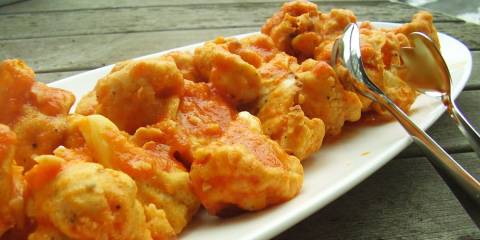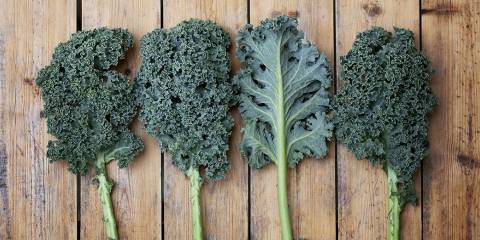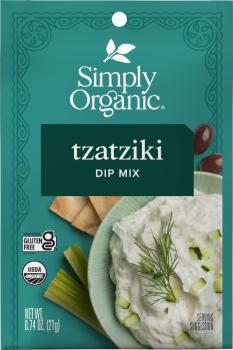When planning a dinner party, catering to the food preferences of many people can be taxing. But recent psychological research could make it easier to gauge taste buds and personalities at the same time.
When Does Taste Start?
Research suggests that humans can sense taste before birth. In the womb, a baby could experience flavor through amniotic fluid, while newborns are exposed to the taste of breast milk.
How Does Taste Develop?
As humans are drawn to familiar flavors, research suggests that early exposure to different tastes, specifically in childhood, is important in preventing picky eaters.
What Do Your Taste Buds Say About You?
Although your taste preference may come as a result of the environment you grew up in, your psyche could also play an important role. In fact, studies have positively linked personality traits to many major eating habits.














